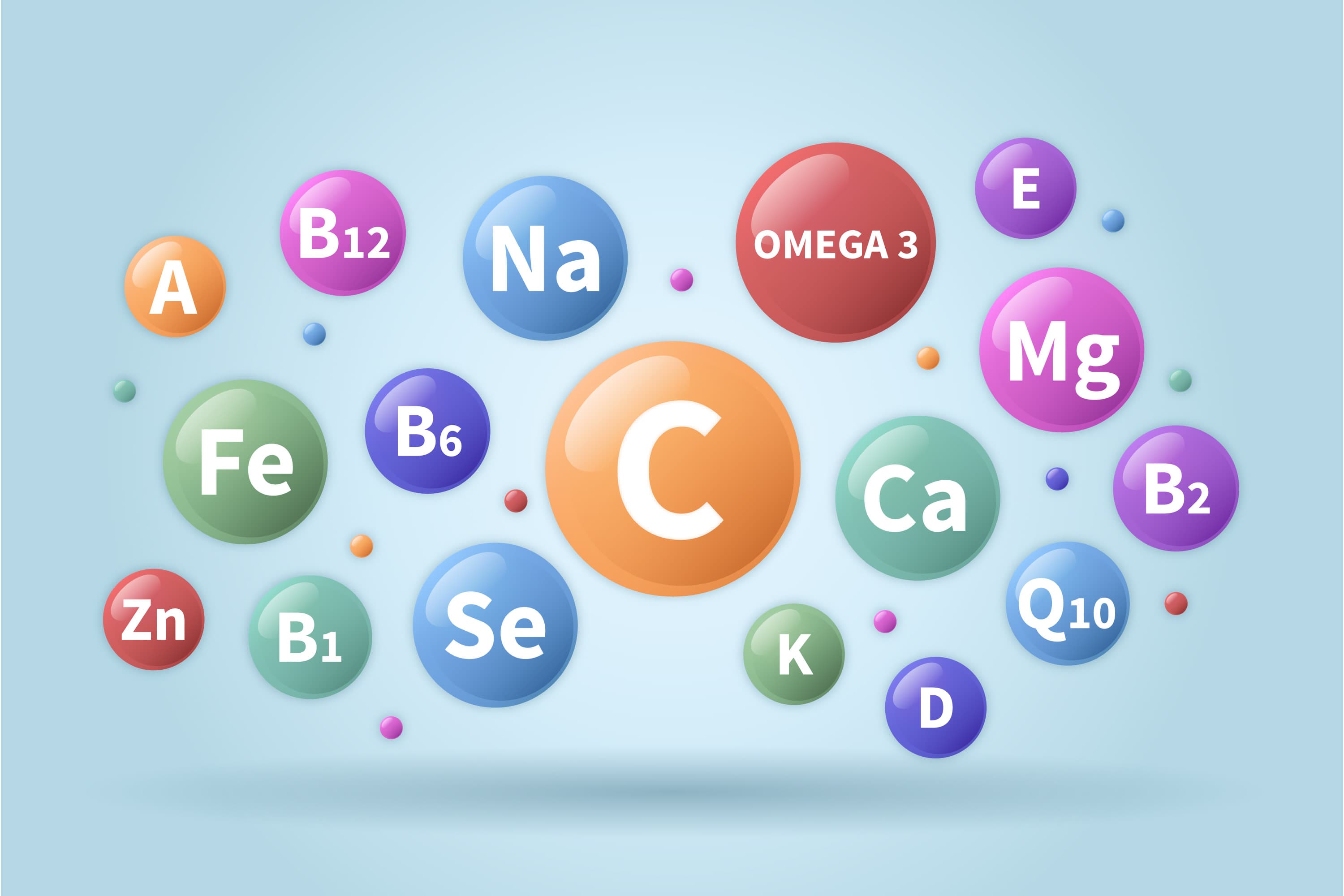- Published on
The Impact of Nutrition on Fetal Development
- Authors

- Name
- Health & Wellness Team
Pregnancy is a critical period during which a mother's nutritional status directly influences fetal development. Adequate intake of macronutrients and micronutrients supports optimal growth and reduces the risk of congenital anomalies and low birth weight.
Key Nutrients for Fetal Development

Folic Acid
Folic acid is essential for preventing neural tube defects. The CDC recommends 400 to 800 mcg daily, starting at least one month before conception and during early pregnancy.
Reference: CDC - Folic AcidIron
Iron supports the increased blood volume and helps deliver oxygen to the fetus. Iron deficiency is associated with preterm birth and low birth weight.
Study: Bothwell, T. H. (2000). "Iron requirements in pregnancy and strategies to meet them." The American Journal of Clinical Nutrition.Calcium and Vitamin D
These nutrients are crucial for bone development. Insufficient levels can lead to reduced fetal bone density and maternal bone loss.Omega-3 Fatty Acids
Omega-3s, especially DHA, support brain and retinal development in the fetus.
Study: Carlson, S. E. et al. (2013). "DHA supplementation and pregnancy outcomes." American Journal of Clinical Nutrition.
Risks of Poor Nutrition
- Low Birth Weight: Inadequate nutrition can impair placental development, limiting nutrient delivery to the fetus.
- Congenital Defects: Deficiencies in folate, iodine, and vitamin A are associated with higher risk of abnormalities.
- Long-Term Cognitive Issues: Poor maternal nutrition may affect brain development and IQ levels.
Conclusion
Proper nutrition is not just important—it is fundamental for a healthy pregnancy and a thriving child. Expectant mothers should work with healthcare professionals to ensure their diets meet both their own and their baby’s needs.
References:
- Bothwell, T. H. (2000). Iron requirements in pregnancy. Am J Clin Nutr.
- Carlson, S. E. et al. (2013). DHA supplementation and pregnancy outcomes. Am J Clin Nutr.
- CDC. Recommendations for Folic Acid Use. Link
